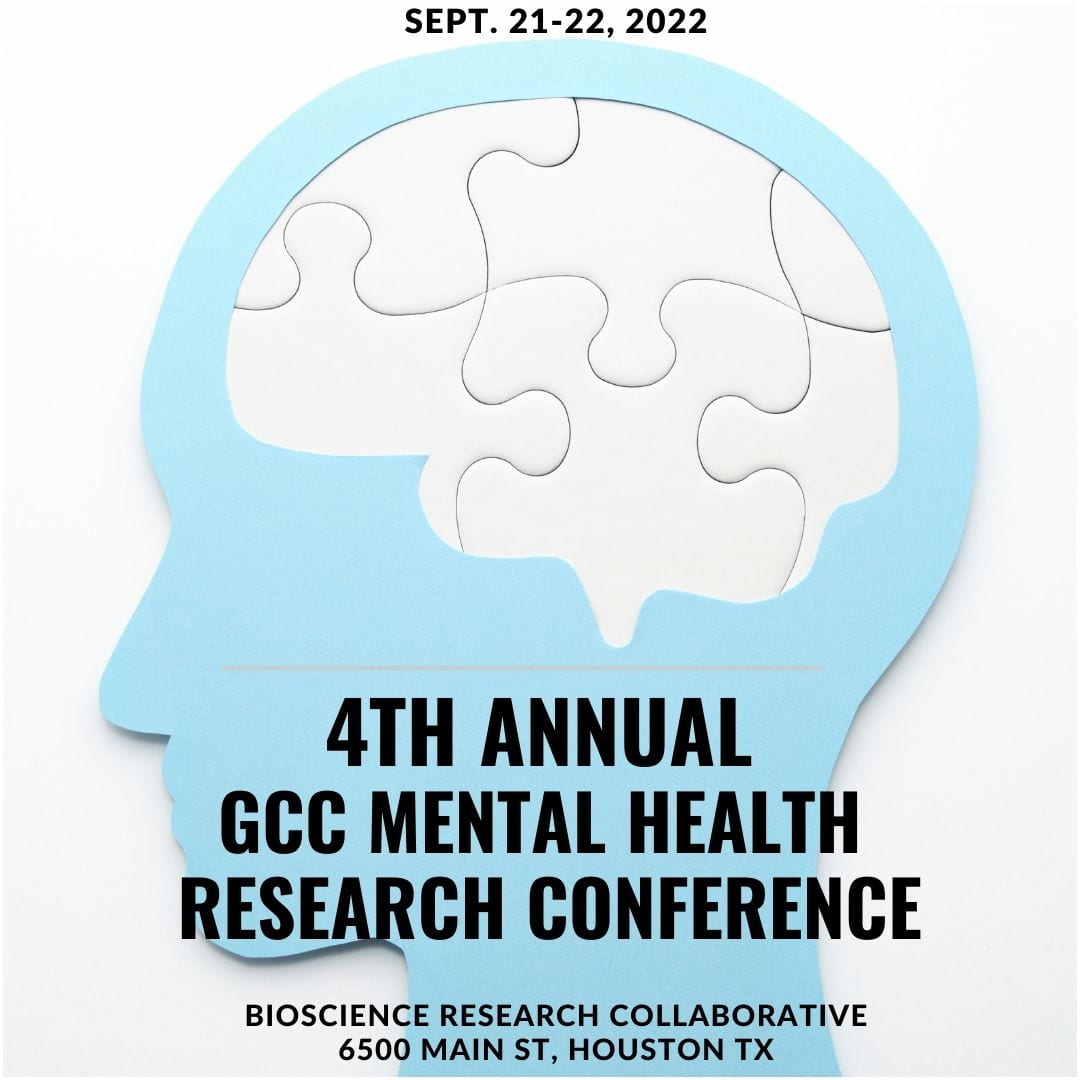The growing recognition of mental health concerns in the Gulf Cooperation Council (GCC) countries has led to a groundbreaking event: the first-ever conference dedicated to exploring the role of pharmacists in this crucial area. The conference, convened recently, brought together healthcare professionals, policymakers, and academics from across the GCC to discuss how pharmacists can be more effectively integrated into mental health care delivery.
The GCC region, encompassing Bahrain, Kuwait, Oman, Qatar, Saudi Arabia, and the United Arab Emirates, faces a rising tide of mental health issues. Rapid societal changes, economic pressures, and a stigma surrounding mental illness have all contributed to this trend. While significant strides have been made in expanding mental health services, there remains a need for innovative solutions to bridge the treatment gap.
This is where pharmacists emerge as a potential game-changer. Traditionally viewed as medication dispensers, pharmacists possess a wealth of knowledge and expertise in drug interactions, side effects, and medication adherence. The conference aimed to leverage this expertise by exploring how pharmacists can contribute to comprehensive mental health care.
Discussions centered on empowering pharmacists to provide medication reviews, identify potential drug-related side effects that might mimic mental health symptoms, and offer guidance on medication adherence – a critical factor in successful mental health treatment. Additionally, the conference explored the potential for pharmacists to offer medication reconciliation services, particularly for patients transitioning between inpatient and outpatient care, thus minimizing the risk of medication errors.
A key theme throughout the conference was the importance of collaboration between pharmacists and other mental health professionals. Speakers emphasized the need for pharmacists to work alongside psychiatrists, psychologists, and social workers to create a holistic and patient-centered approach to mental healthcare. This collaborative approach could involve pharmacists participating in medication therapy management (MTM) programs, where they work directly with patients to optimize medication use and improve treatment outcomes.
The conference also explored the potential for pharmacists to play a role in mental health promotion and education. Pharmacists, with their accessibility in community settings, could be instrumental in raising awareness about mental health issues, reducing stigma, and providing resources for patients seeking help.
The inaugural GCC conference on the role of the pharmacist in mental health marks a significant step forward. By recognizing the untapped potential of pharmacists in this domain, the GCC countries can enhance their mental health care delivery systems and better serve a growing population in need.

